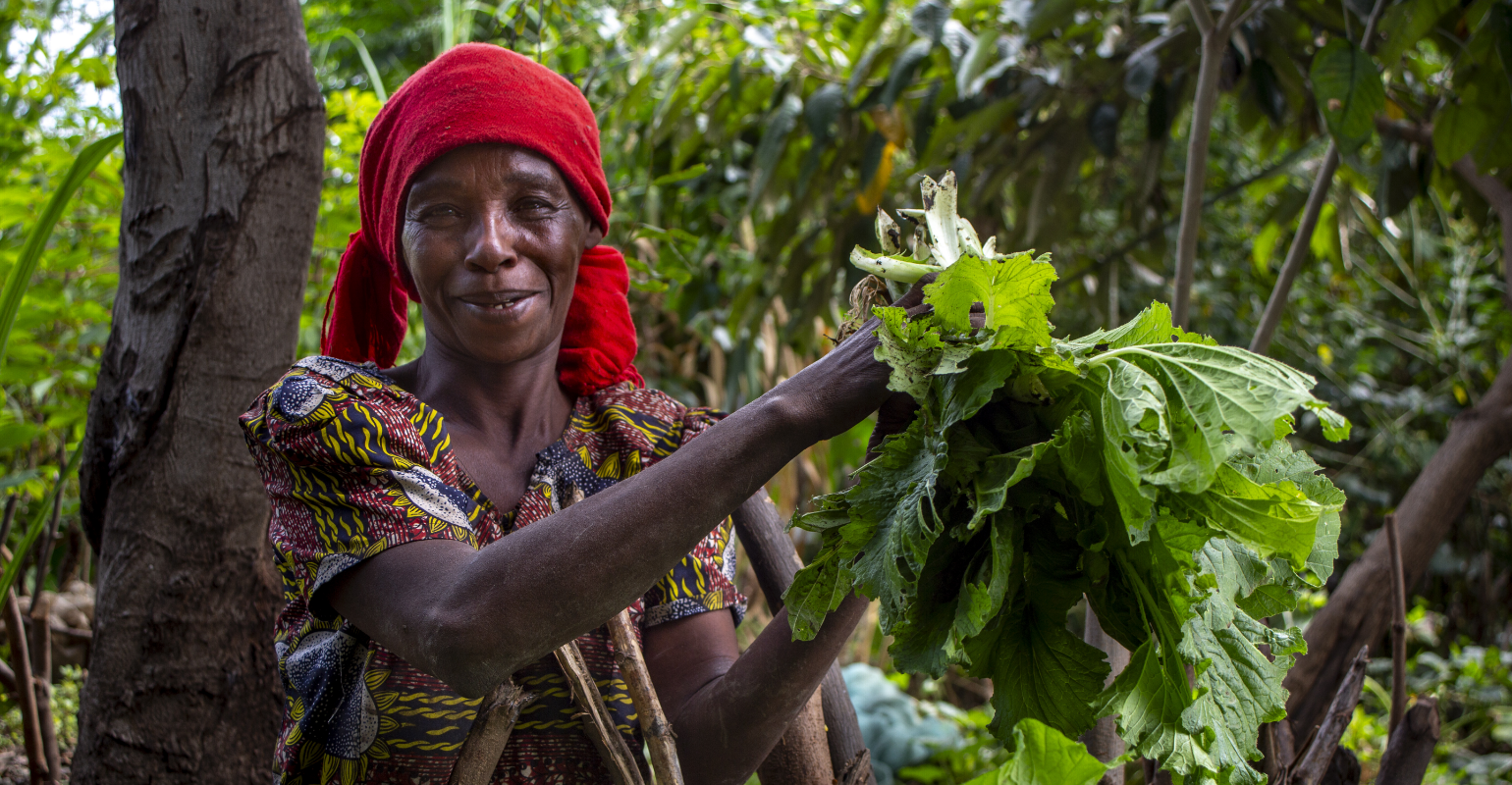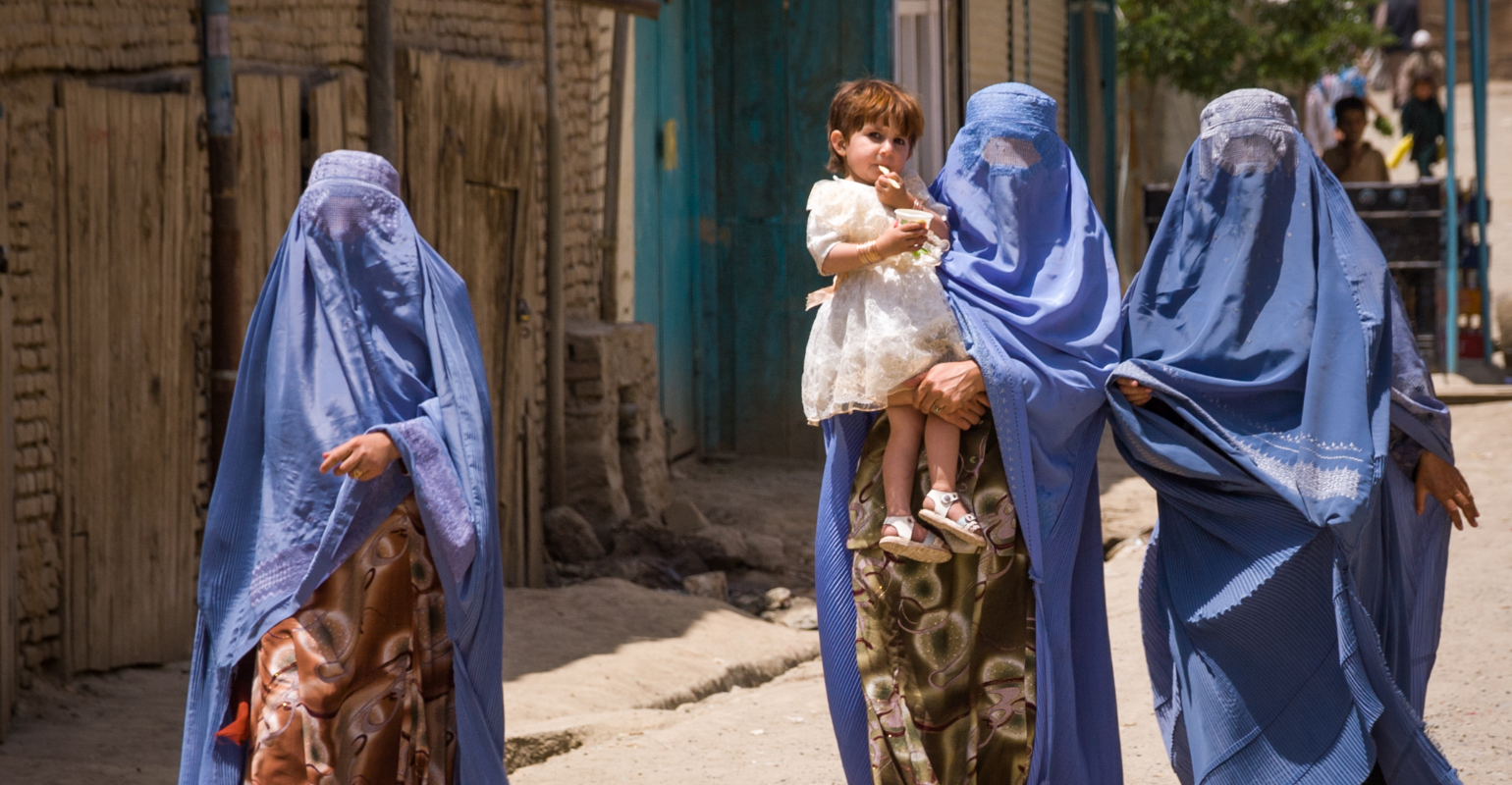Hand in Hand International, with funding from TUI Care Foundation’s Field to Fork Programme and Friedkin Conservation Fund, has launched a new two-year project tackling rural poverty in Tanzania. This project will unlock higher incomes for 2,700 people – 80% of them women – and unleash the potential of women to create change in their communities by creating or expanding 1,890 microenterprises and generating 2,475 jobs.
Drawing on 20 years of experience, this partnership expands Hand in Hand International’s reach into Meatu District. In Meatu District, poverty is widespread, with most people surviving on less than $1.08 per day. Families rely on smallholder farming for income, but climate change-related drought is driving down yields and threatening livelihoods. To address this, the programme will deliver business and technical training, facilitate access to credit, and open doors to new markets. It will also equip farmers with proven climate-resilient techniques, transforming them into eco-entrepreneurs. By unlocking financial resources and expanding market access, the programme aims to boost incomes by over 80%, strengthen climate resilience, and spark a wave of prosperity across entire communities.
In Meatu District, traditional gender roles continue to shut women out from autonomy and opportunity. Many are expected to shoulder the burden of domestic work and caregiving, often without freedom to make basic decisions. To change this, the initiative will deliver gender training, working with men, women and community leaders, to challenge the norms that hold women back and empower women to shape the future they want.
By investing in women smallholders and sustainable value chains – including sunflower farming, beekeeping and poultry – the project aims to unleash a ripple effect of opportunity, resilience, and leadership – powered by women, grown from the ground up.
“We’re thrilled to partner with Friedkin Conservation Fund and TUI Care Foundation on a project that will transform the lives of women living below the poverty line. When women earn more, the whole family benefits, and communities can map a sustainable route out of poverty,” said Amalia Johnsson, CEO of Hand in Hand International.
Alexander Panczuk, Managing Director of TUI Care Foundation, added: “At TUI Care Foundation, we are proud to partner with Hand in Hand International and Friedkin Conservation Fund to bring the Field to Fork Programme to Tanzania. This collaboration reflects our shared commitment to empowering communities through sustainable agriculture, inclusive entrepreneurship, and gender equality. By equipping women and smallholder farmers with the tools to thrive—both economically and environmentally—we are not only regenerating land and livelihoods, but also creating lasting links between rural economies and the tourism sector.”
Aurelia Klassarah, Program Director, at Friedkin Conservation Fund, added: “At Friedkin Conservation Fund we believe collective action, led by communities in Meatu District themselves, is crucial to economic empowerment. In this project, we’ll be tackling poverty at grassroots level by investing in sustainable value chains that the community have prioritised such as beekeeping – all while enhancing conservation and biodiversity awareness.”


